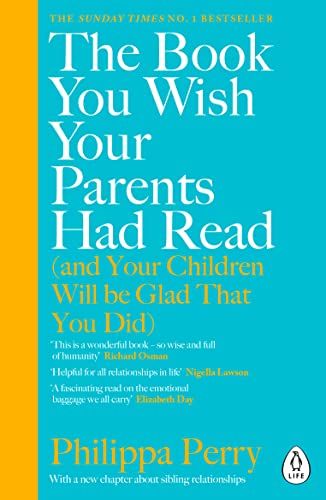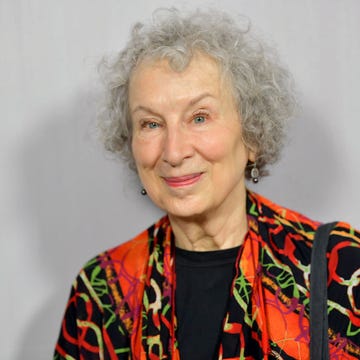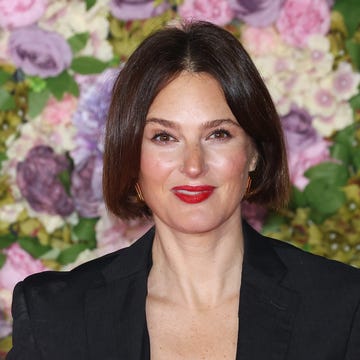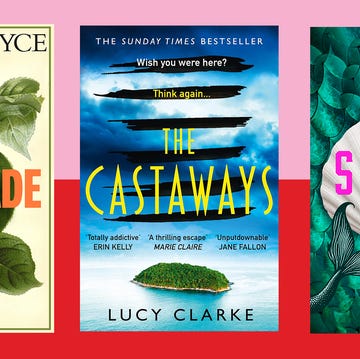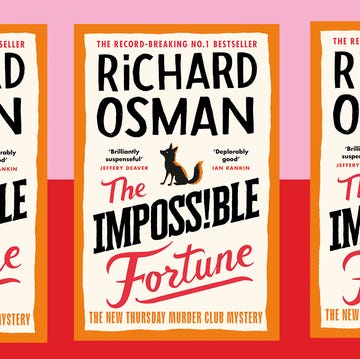I began my time as a parent of adolescents consumed by worry. The world in which teenagers find their identity has always been different to the world in which theirparents grew up, but those differences are stark right now. Anyone over 50 has lived at least half their life without the internet and particularly without social media or streaming services – a completely different experience to that of our teens. Even their understanding and ways of coping with mental health problems may be different. These are the books that helped me navigate this world and shepherd my five stroppy children through adolescence. And, whisper it, turned it into (more of!) a fun ride.
Philippa Perry’s The Book You Wish Your Parents Had Read (And Your Children Will be Glad That You Did) has been a bestseller since it was published in 2019 for a reason: Perry is head girl of a genre of parenting books that might be summarised as ‘parent, heal thyself’. She echoes Philip Larkin’s view in his 1971 poem This Be The Verse, which famously starts with the line, ‘They f*** you up, your mum and dad.’
The good news is there’s lots we can do to shield our teenagers from our adult insecurities and uncontained anger. Sorting ourselves out is a good start, but it’s not enough: we also need to understand the world in which our teenagers are growing up. Here, fresh from the parenting frontline, is No Filters: A Mother And Teenage Daughter Love Story by Christie Watson (mother) and Rowan Egberongbe (daughter). As a former nurse, Watson’s thoughts on what it feels like to have a mentally unwell child are compelling. She evokes their visits to the soulless Child and Adolescent Mental Health Services centre, peopled with ‘dead-eyed teenage girls and hyper-cheerful mothers’, the sleepless nights experienced by both mother and daughter, and Rowan’s life in bed, spent scrolling through TikTok, watching videos made by other girls suffering from mental ill health.
‘Evidence-based parenting’ is another good approach to dealing with a stroppy teen. What’s going on in the teenage brain? How is their biology affecting their behaviour? Social scientist Matilda Gosling is an effective guide in her Teenagers: The Evidence Base. Nuggets that helped me include the power of high expectations (teenagers behave better when we have them) and the dangers of ‘co-rumination’, when teen girls talk endlessly about how unhappy they are without arriving at any solutions.
The Danes may have the answers. In The Danish Way Of Raising Teens, psychotherapist Iben Dissing Sandahl shares the secrets of raising arguably the happiest, best-adjusted teenagers in the world. I was reassured by Sandahl’s dislike of ultimatums – my own efforts at telling my teenagers what to do never worked that well either. Instead, we’re better off aiming for mutual respect when dealing with tricky topics such as drugs and drinking.
My fifth choice might be surprising, but sometimes parenting teens requires a little light relief.Irecommend curling up with a cuppa and the hilarious Ma’am Darling: 99 Glimpses Of Princess Margaret by Craig Brown. However mad and dysfunctional your own family is, I would venture that it’s not as crazy as the Royals. Keep calm and carry on parenting!
The Gift Of Teenagers: Connect More, Worry Less (Short Books) by Rachel Kelly is out now

